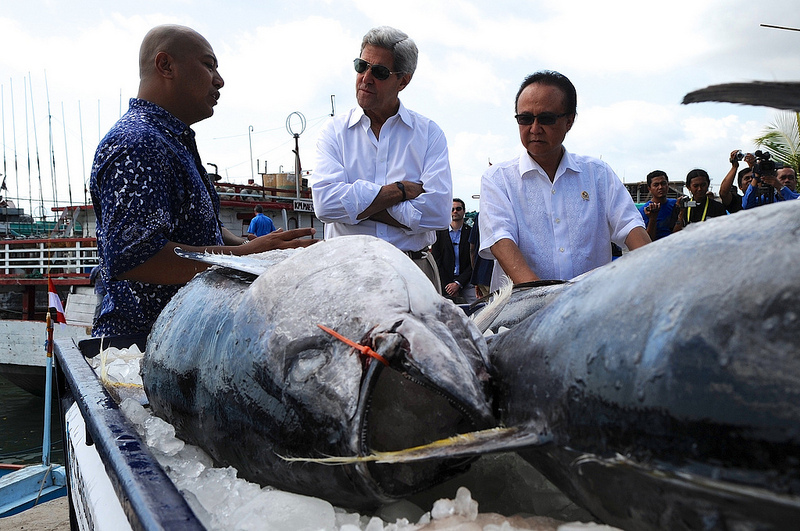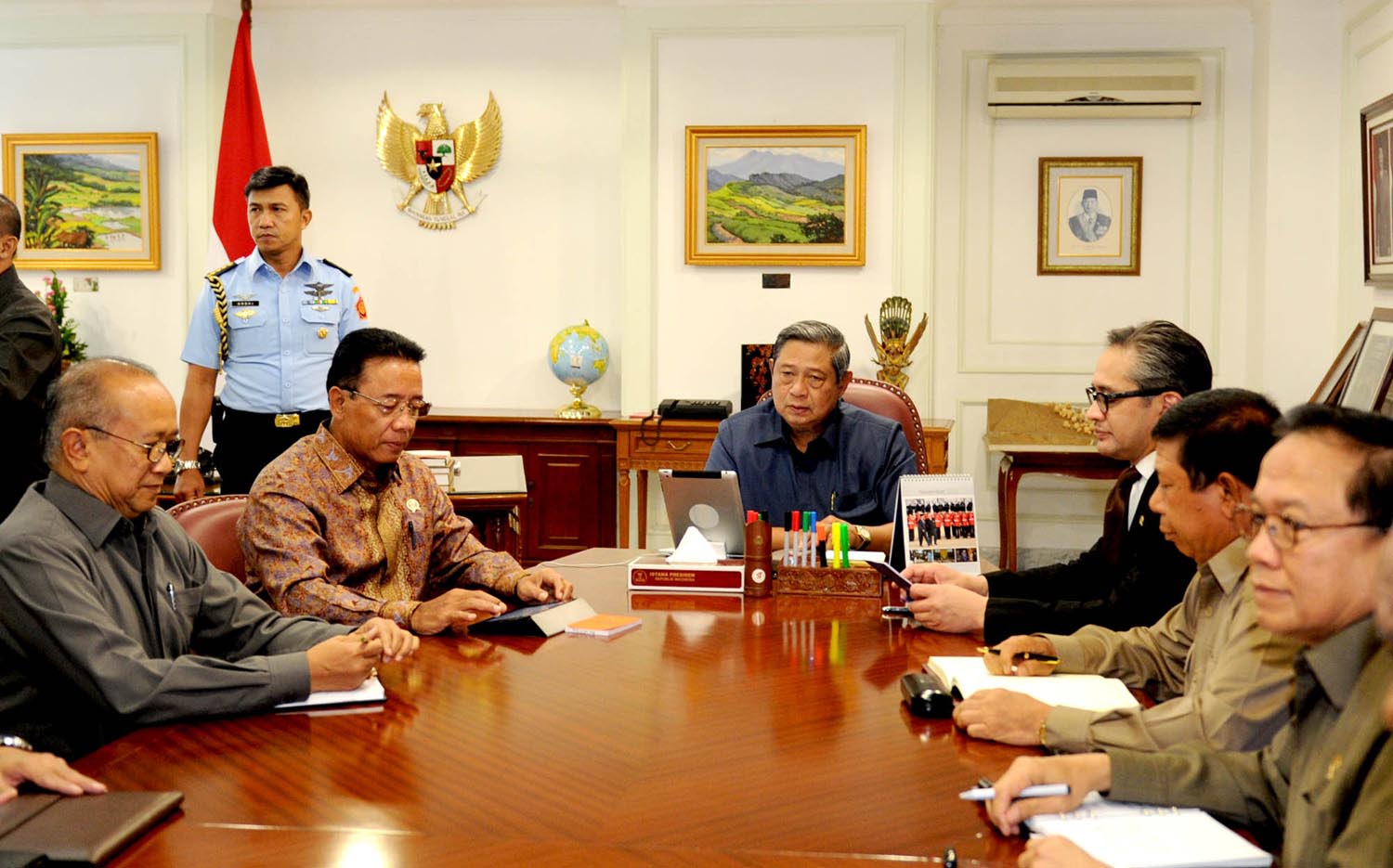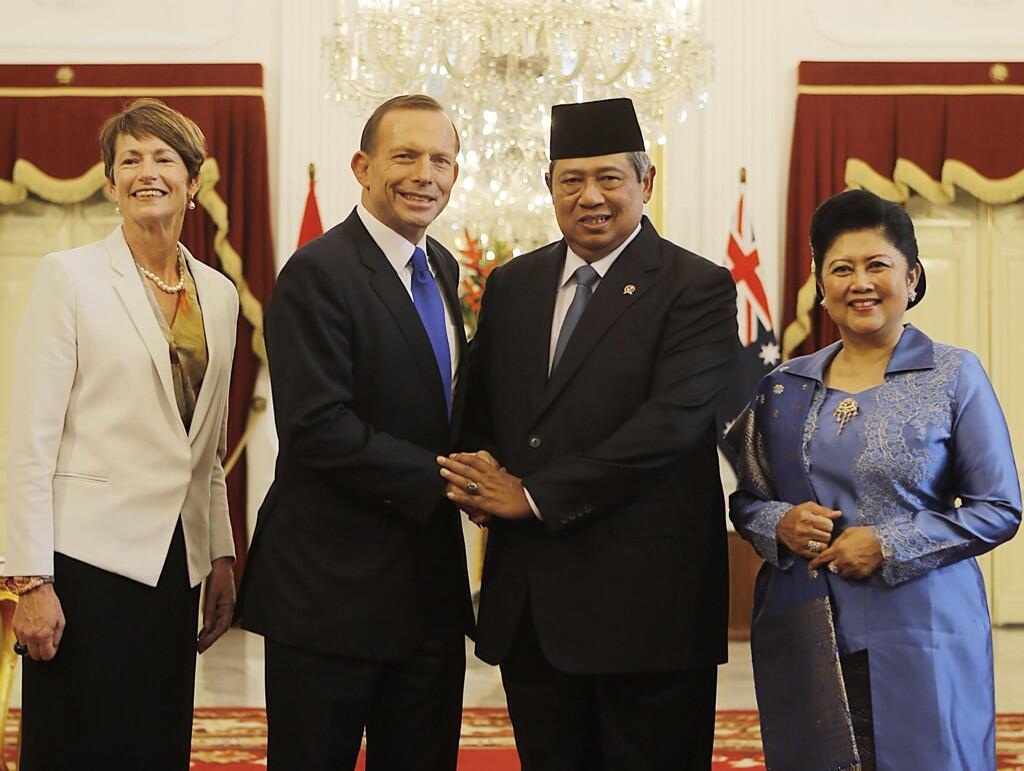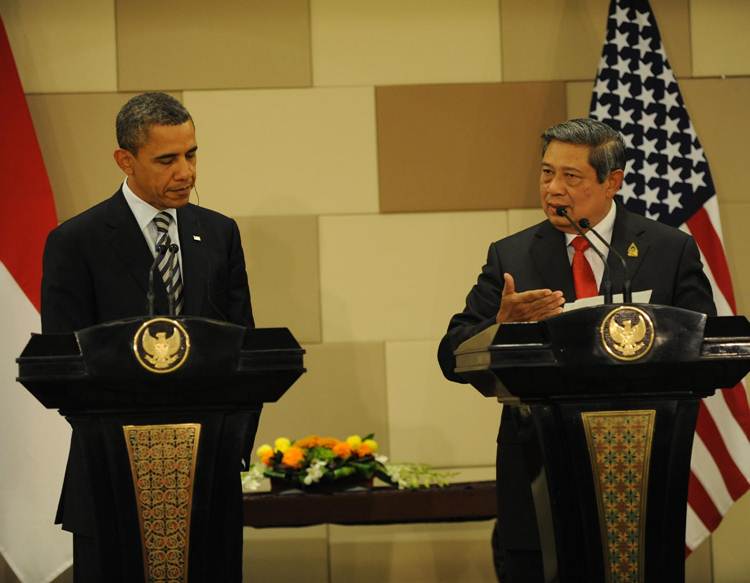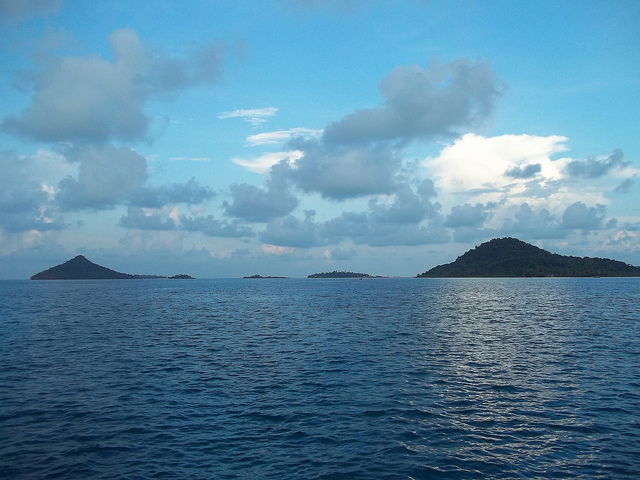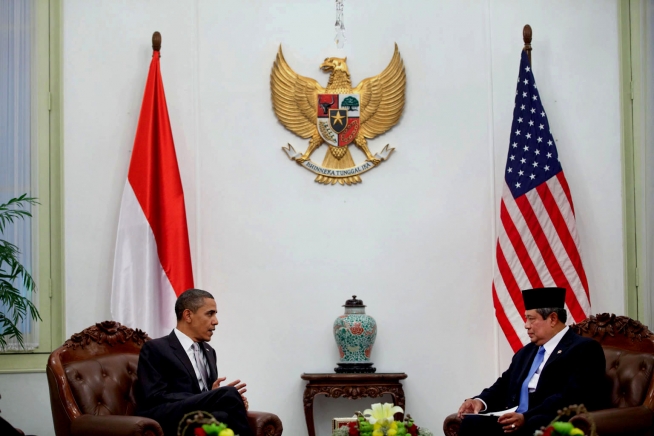ASPI suggests
Welcome back from the break! We’ve kicked off this year’s blogging with Rod Lyon on the security landscape in Asia for 2014 and Peter Jennings on lessons from the 1987 white paper. But if you’ve already made your way through those, here are a few more interesting things to read:
First, Fred Kaplan on Slate takes on a New York Times’ editorial calling on President Obama to grant Edward Snowden ‘some form of clemency’. Distinguishing Snowden’s actions from those of Daniel Ellsberg who leaked a top-secret Pentagon study on the Vietnam War, he argues:
But Snowden did much more than [leak documents on the NSA’s domestic surveillance]. The documents that he gave the Washington Post’s Barton Gellman and the Guardian’s Glenn Greenwald have, so far, furnished stories about the NSA’s interception of email traffic, mobile phone calls, and radio transmissions of Taliban fighters in Pakistan’s northwest territories; about an operation to gauge the loyalties of CIA recruits in Pakistan; about NSA email intercepts to assist intelligence assessments of what’s going on inside Iran; about NSA surveillance of cellphone calls “worldwide,” an effort that (in the Post’s words) “allows it to look for unknown associates of known intelligence targets by tracking people whose movements intersect.” In his first interview with the South China Morning Post, Snowden revealed that the NSA routinely hacks into hundreds of computers in China and Hong Kong.
These operations have nothing to do with domestic surveillance or even spying on allies. They are not illegal, improper, or (in the context of 21st-century international politics) immoral. Exposing such operations has nothing to do with “whistle-blowing.”
Read the rest here.


